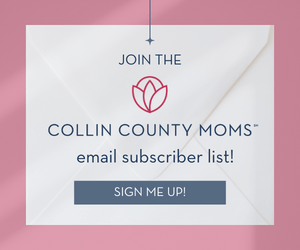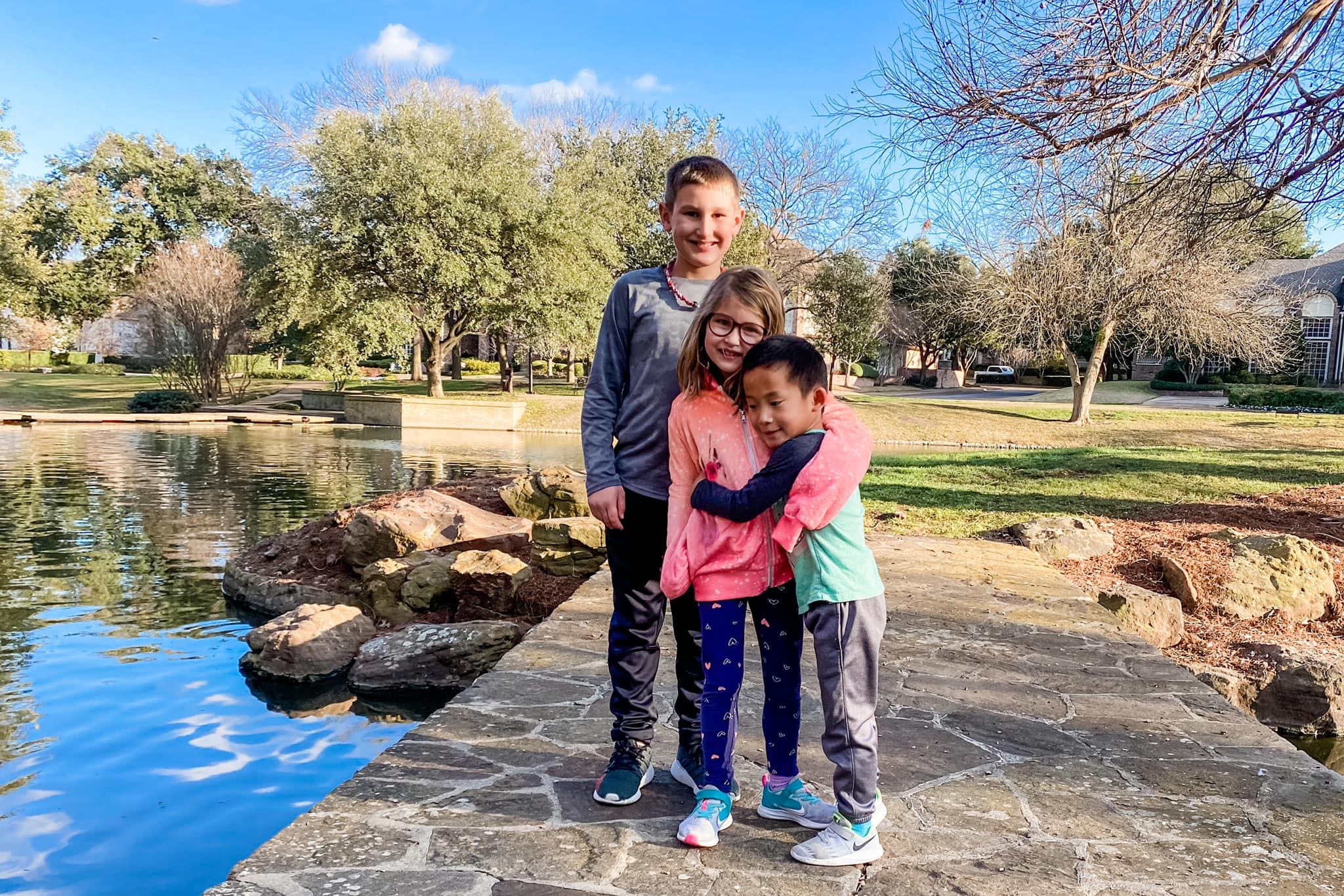
November is National Adoption Month, a month set aside to raise awareness about the need for adoptive families to step forward for vulnerable children who need forever homes. Over the last few years, I’ve shared our adoption story, why language matters, and how we decided to open our home to foster care.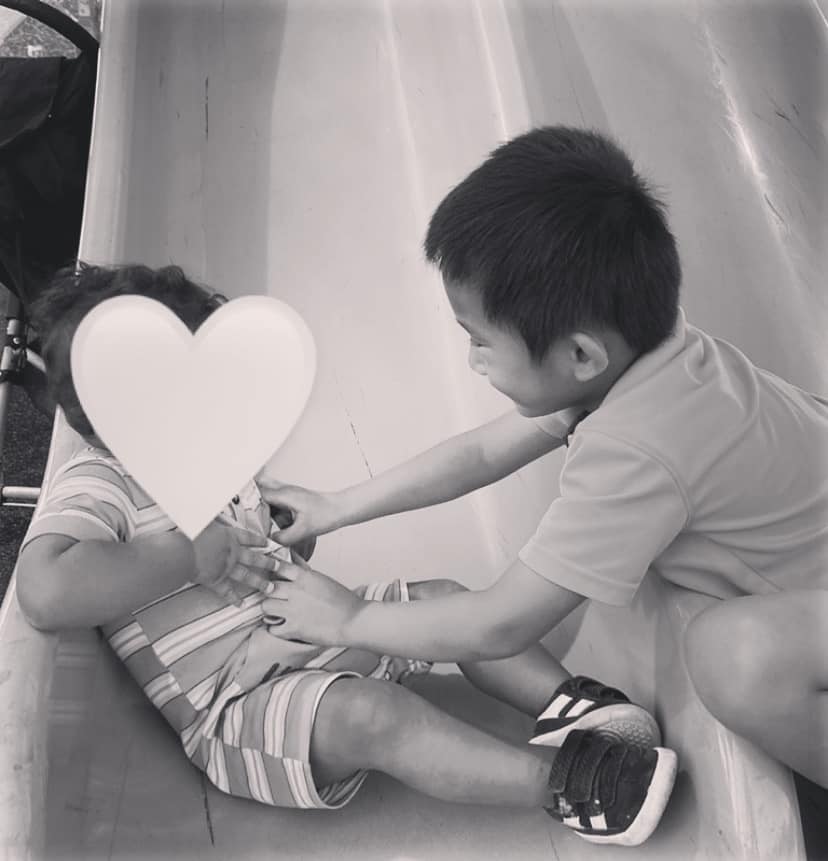 But today, I want to take a different approach. I want to speak to the woman before the paperwork, sleepless nights, and endless trainings. I want to speak to the person about to jump off the ledge into this wild world.
But today, I want to take a different approach. I want to speak to the woman before the paperwork, sleepless nights, and endless trainings. I want to speak to the person about to jump off the ledge into this wild world.
If that’s you, and your family is considering foster care or adoption, I hope it helps to listen to what the last several years have taught me. Adoption and fostering can be beautiful ways to grow your family. But if all you see are the Christmas cards and smiling faces, you’re missing a huge piece of the story.
There’s a beautiful book I read a few years ago called Twenty Things Adopted Kids Wish Their Adoptive Parents Knew. So, in that same vein, I’m going to share 20 things I wish we knew before taking the leap, important things I wish I knew before adopting.
- Adopting someone else’s child is not the same as giving birth to a biological child. Don’t expect it to feel the same.
- Love takes time. You might fall head over heels in love the day you meet your child. It might also take days, weeks, or even months to feel more like their mother than their babysitter. Both are okay.
- Attachment is a two-way street. There is a huge focus during pre-adoption training on helping the child attach to the parents, but there’s not nearly enough focus on the other side of that coin. It’s not always easy for the parents to attach to the child, and we need to help adoptive parents release the shame of that struggle.
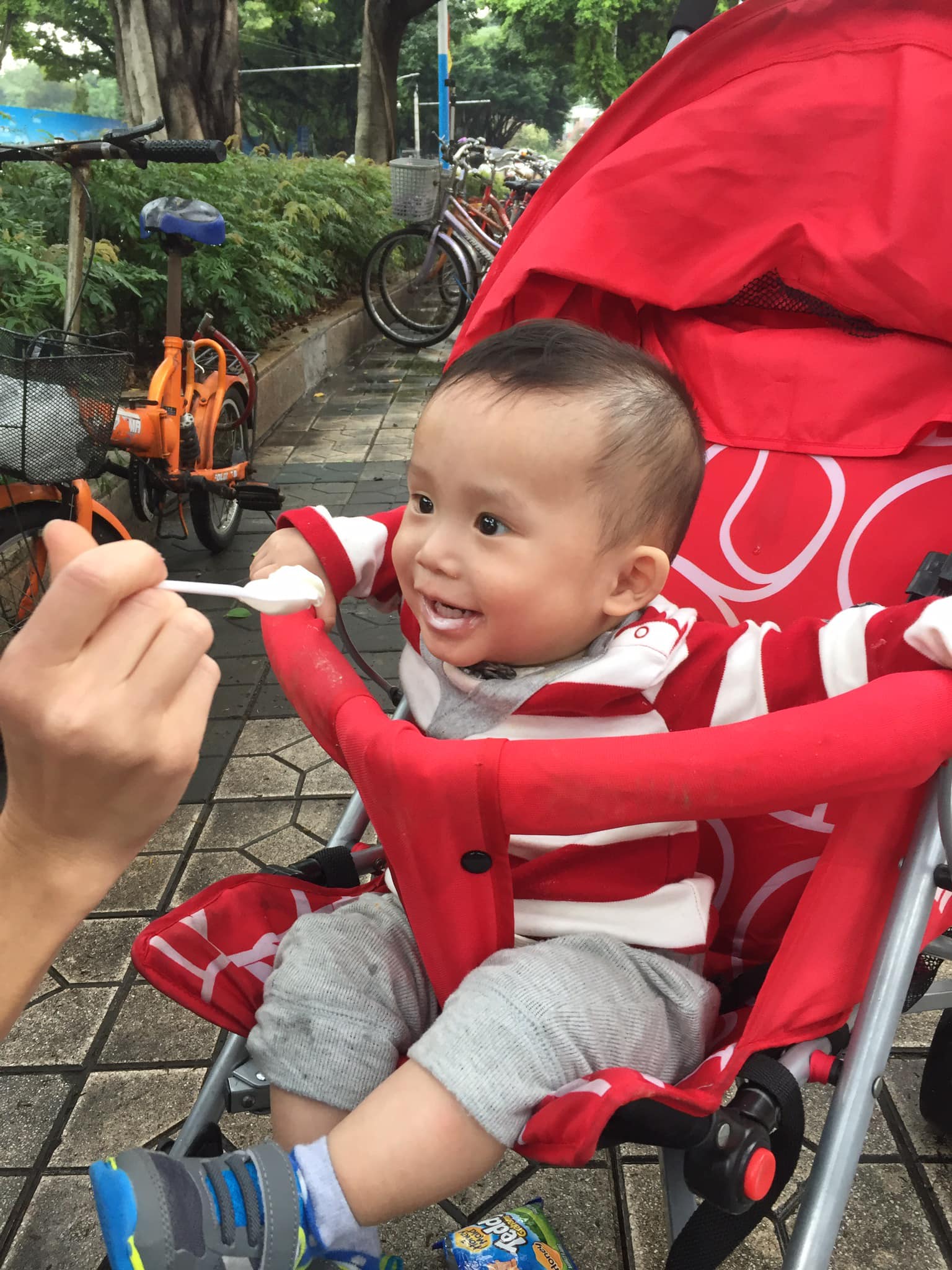
- Work through your own issues before adding a child from trauma to your family. Trauma parenting puts a magnifying glass on our own unresolved issues. So no matter if you’re grieving losses and managing infertility struggles or you need to get some therapy from your own childhood trauma, it’s critical to be in a healthy headspace before bringing your child home.
- Read all you can about trauma. Think you’ve read enough? Nope. Read more.
- If you don’t know where to start, Google “Karyn Purvis.” Watch all her videos. Repeat. Do it again. For good measure, watch them every year as a reminder.
- Fit matters. It’s incredibly important to consider your family’s capacity and what you can and cannot effectively parent. Get really honest with yourself about birth order, age, and medical needs. And stand firm on your preferences. If your agency asks you to stretch a little bit and you know you shouldn’t, find a new agency.
- Trust your gut. If at any point you are uneasy, don’t disregard it. You know your family best.
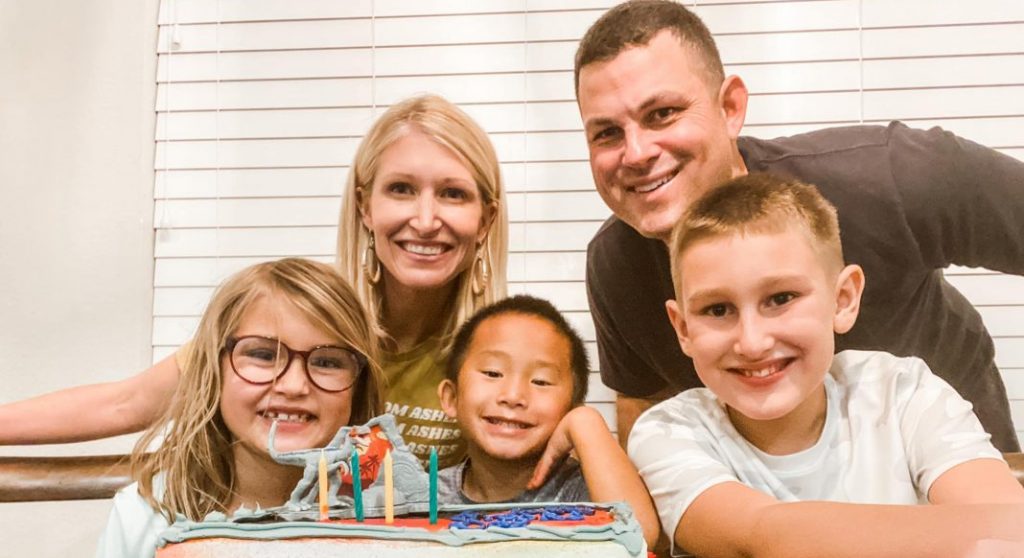
- Love is colorblind is a cute catchphrase, but it’s not actually true. Or helpful to raising transracial adoptees. If you’re considering a child of a different race, it’s vital that you examine your heart and community.
- Be sure that child is exposed often to racial mirrors if they don’t exist inside your home. Dive into their culture and celebrate it. This is not optional.
- Adopting from foster care isn’t the goal. The goal of foster care is reunification. If you’re not on board with that, consider a different avenue to grow your family.
- Community support matters. You’ll need your people more than ever once your child comes home. Be sure your extended family and friends are on board and supportive of your decision. Line up babysitters early!
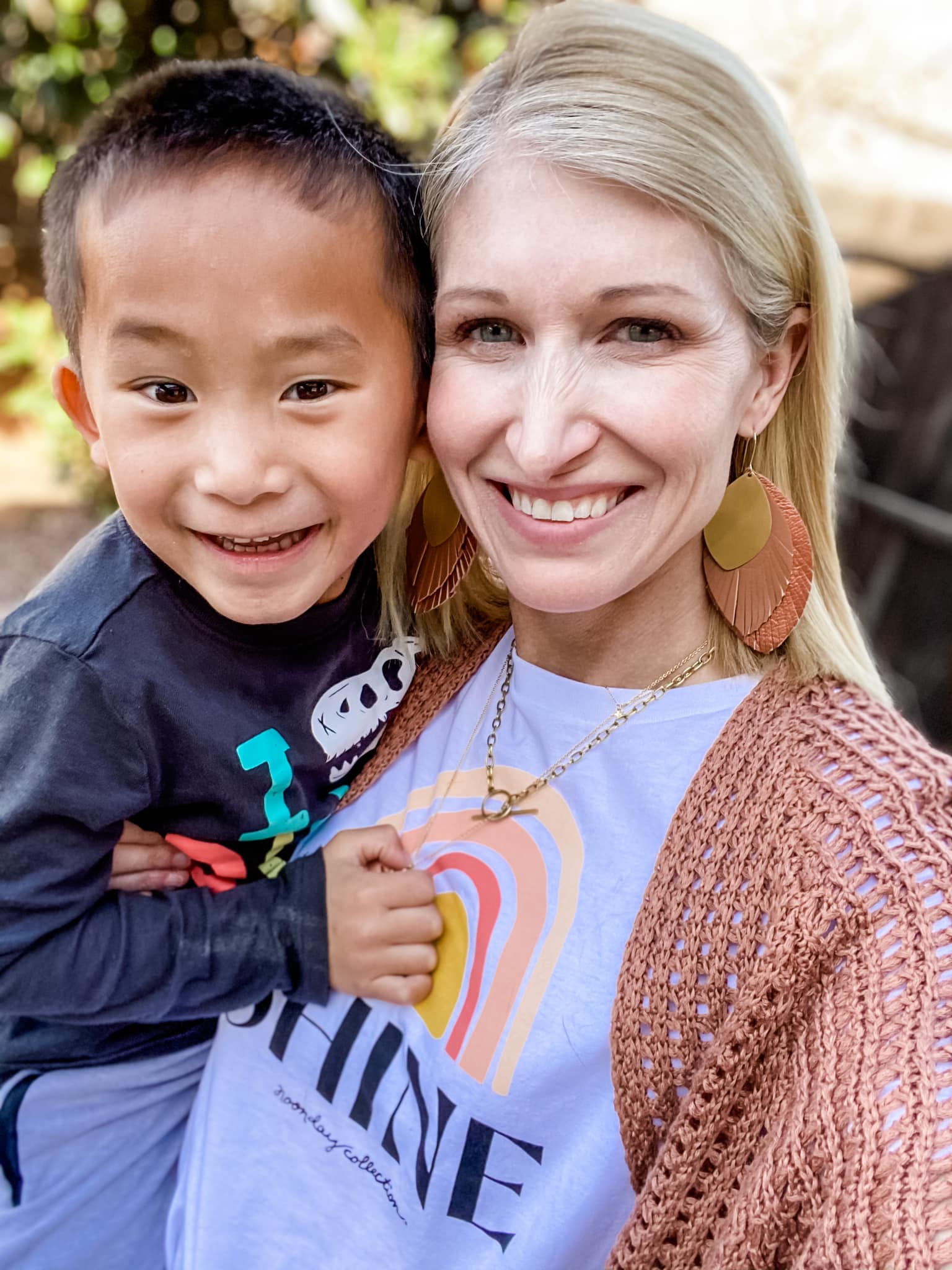
- Expect surprises. Lots of them. Learn to embrace them and roll with them.
- Change is hard. It’s normal for siblings to struggle. Don’t be afraid to ask for help from your support system or even a professional if necessary.
- It’s not final until it’s final. Until a judge has signed on the dotted line, don’t consider anything a done deal. Timelines are fluid. Decisions change. Consider everything you hear from your agency and social workers as a maybe.
- Your child had a life before you. Even if you adopted her at birth, she had a family before you. Speak about them early and often.
- Don’t ever make your child’s adoption a secret. Like, never ever.
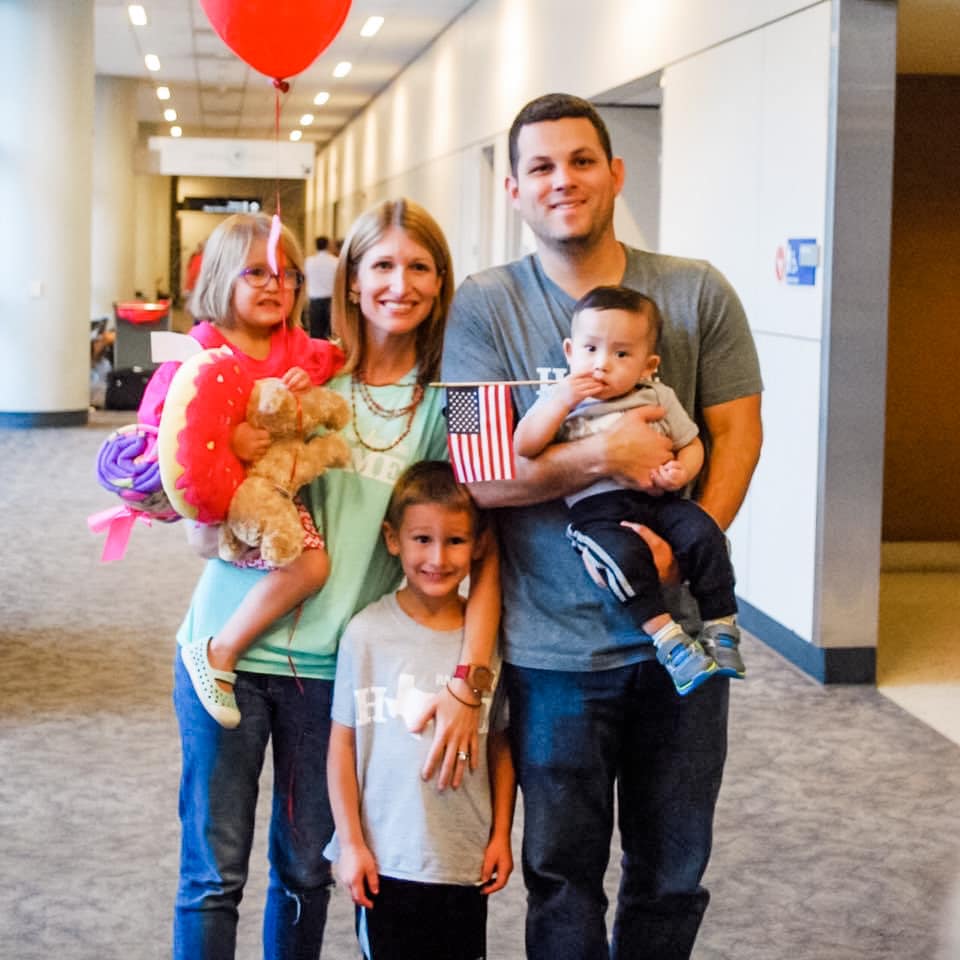
- Language matters. Learn the appropriate words to use when discussing your adoption. Your child’s birth mother did not “give him up.” She placed him. You are both his “real mom.” She is his biological mother, and you are his adoptive mom. Until she has given birth, she is an expectant mother, not a birthmother. These details matter, especially when your child is old enough to understand conversations.
- You might get a fairy tale, but you might not. Your vision of how your family could look after adoption and how it actually ends up might be night and day different. That’s okay.
- Adoption is a messy, beautiful, broken, wonderful, complicated kind of love. It has ups, downs, and everything in between, and my boys are absolute gifts we don’t deserve. I’m beyond grateful we chose this road for our family, and I thank God for giving us the front row seat to their lives every day.




